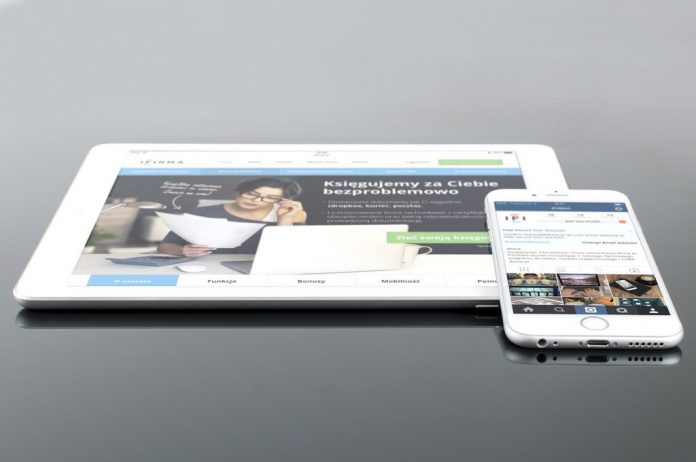In a world where technology now seems to be the centre of everything, it’s imperative that as a marketer you understand the potential that can come from mobile adoption. Mobile is a disruption for consumers. In almost any situation you can expect to see a person on their phone, checking social media or surfing the internet.
To be successful as a marketer you need to capitalise on this, and be sure that your hotel brand is strategically placed to reach the consumer wherever they are. Since 2014, mobile users have overtaken those on a desktop, according to data published by eHotelier. Mobile media time is now greater than desktop or that of any other connected device.
Last year, 51 per cent of all time spent using digital media was on mobile devices, and this is only expected to grow further in 2016. If your website isn’t optimised for mobile, then 71 per cent of consumers will return to their search results. By 2017 it’s predicted that over 30 per cent of all travel bookings will be made on mobile devices, while currently 25 per cent of all travel revenue is made via mobile, according to eMarketer.
Consumers spend just four per cent of their time viewing printed advertising, but brands are still spending an average of 18 per cent of marketing budgets on this platform. In contrast, while consumers spend 24 per cent of their time viewing mobile ads, just eight per cent of marketing budgets are allocated for mobile spending. It’s true that with the sharp increase in ad blocking software for mobile, mobile ads can now be seen as a waste of budget. This isn’t, however, the only option for mobile marketing.
Social media is the key to succeed in a mobile marketing campaign. The top social media platforms such as Facebook, Twitter, Instagram, LinkedIn and Pinterest are increasingly developing new ways to reach out to audiences on their respective platforms. Facebook-owned Instagram now has ads integrated into the platform, and it continues to look for new ways to innovate with WhatsApp so that brands can reach their target markets.
Mobile devices such as smartphones and tablets now make up more than 50 per cent of all global web traffic. For the travel industry this is fast becoming a game-changer, as consumers are now more than ever choosing to book on mobile devices. Marketers need to note, however, that there is a generational divide when it comes to mobile. Millennials are much more connected than older generations, and therefore need to be targeted in this way. In much the same way, other booking platforms such as desktop need to remain strong to ensure that older generations aren’t neglected.
Multi-channel campaigns are necessary to ensure that the entirety of your target segment can both be reached and engaged with. Video is an increasing trend for brands on social media. Consumers are no longer enticed by a written ad, but instead want to see images and videos to really make them feel like they can be part of an experience.
Rather than promotional messages, customers are increasingly responding to a storytelling technique that many brands have adopted. Don’t tell the customer what they want; show them the experience they could have and really make them want to be involved. In 2016, it’s expected that beacon technology will become a big trend. Currently this is a fairly elusive tool for marketers, but it’s predicted to see a surge of growth over the next year. Retail brands are already using this technology, which allows push notifications to be sent to mobile users via apps on their devices.
For the travel and hospitality industry, this could create extensive opportunities. Beacons could target travellers arriving in a destination and provide offers for accommodation and hospitality. Hotel brands can use this opportunity to provide special offers, or advertise services that can really enhance the customer experience. The potential that beacons can offer to brands could be massive, but their success will depend on how well brands adopt this new technology.
With so many opportunities for brands to connect with users via mobile devices, innovation must now be a key element of all marketing strategies. Consumers want more than to book a hotel room. They want to understand a brand and buy in to the experience which that brand can give them. In order to stay on top in an increasingly competitive market, hotel brands need to connect with their consumers in new and innovative ways.







